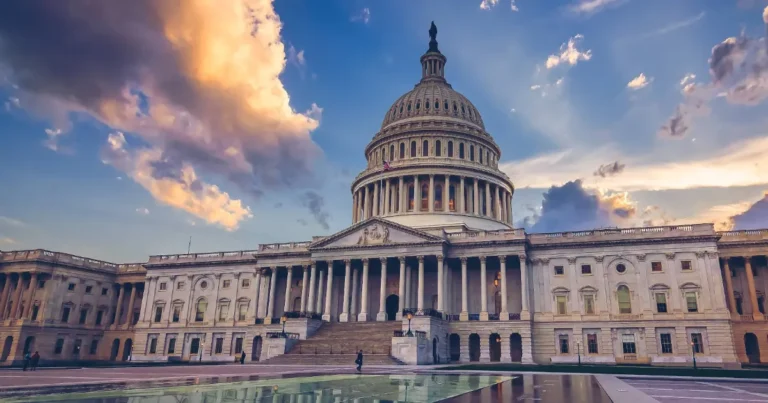8-5-2025 – Lawmakers from both sides of the political aisle have found common ground on the GENIUS Act, a pivotal piece of legislation aimed at establishing comprehensive oversight of stablecoin operations in the United States.
The breakthrough comes after months of intense negotiations, though the final legislative text remains under wraps as Democratic senators seek additional time to brief their parliamentary colleagues. Despite earlier resistance from prominent figures, including Senator Elizabeth Warren, who publicly voiced her opposition, the bill appears to have overcome previous hurdles.
The political landscape surrounding the proposed framework has witnessed notable shifts. Initially, several crypto-friendly Democratic senators withdrew their support last year, whilst Senate Minority Leader Chuck Schumer expressed particular unease regarding Tether’s market dominance.
Adding an unexpected twist to the legislative journey, Kentucky’s Republican Senator Rand Paul has emerged as a dissenting voice within his own party, suggesting that cryptocurrency markets are functioning adequately without federal intervention. His stance marks a departure from the broader Republican position, which largely favours swift legislative action.
Nevertheless, Republican leadership is pressing ahead with plans to bring the measure to a full Senate vote this week, capitalising on the newfound bipartisan momentum. The accelerated timeline reflects growing recognition among lawmakers that the stablecoin sector requires clear regulatory parameters.
The GENIUS Act represents a crucial step towards establishing order in the rapidly evolving digital currency landscape, though its journey through the legislative process continues to reflect the complex interplay of political, economic, and regulatory considerations shaping America’s approach to cryptocurrency governance.
Should the bill secure passage, it would mark a watershed moment in US cryptocurrency regulation, potentially setting precedents for other nations grappling with similar regulatory challenges in the digital asset space.


